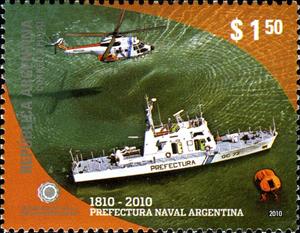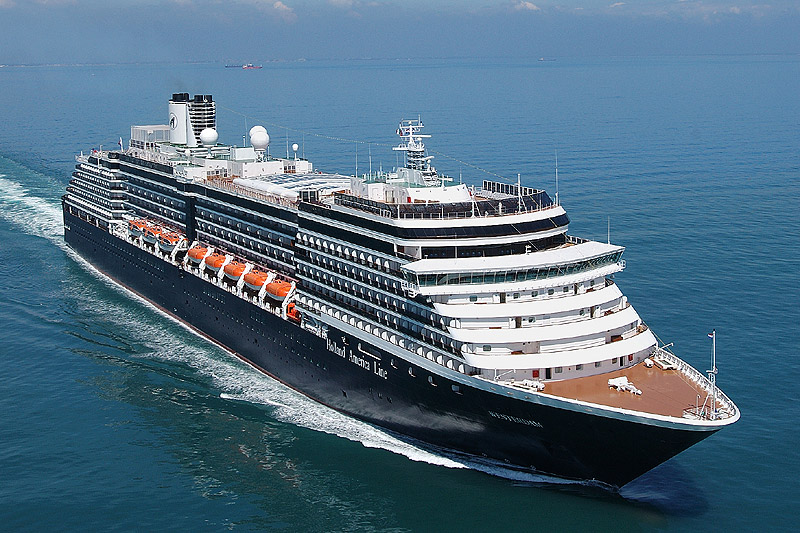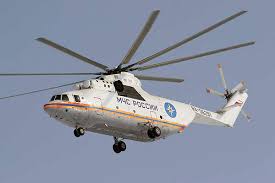Stamp: 200th Anniversary of the Argentine Naval Command (Argentina 2010)
200th Anniversary of the Argentine Naval Command (Argentina 2010)
29 May (Argentina ) within release 200th Anniversary of the Argentine Naval Command goes into circulation Stamp 200th Anniversary of the Argentine Naval Command face value 1.50 Argentine peso
| Stamp 200th Anniversary of the Argentine Naval Command in catalogues | |
|---|---|
| Michel: | Mi:AR 3328 |
Stamp is horizontal format.
Stamp 200th Anniversary of the Argentine Naval Command it reflects the thematic directions:
A ship is a large watercraft that travels the world's oceans and other sufficiently deep waterways, carrying passengers or goods, or in support of specialized missions, such as defense, research and fishing. Historically, a "ship" was a sailing vessel with at least three square-rigged masts and a full bowsprit. Ships are generally distinguished from boats, based on size, shape and load capacity.
A military, also known collectively as an armed forces, are a heavily armed, highly organized force primarily intended for warfare. Militaries are typically authorized and maintained by a sovereign state, with their members identifiable by a distinct military uniform. They may consist of one or more military branches such as an army, navy, air force, space force, marines, or coast guard. The main task of a military is usually defined as defence of their state and its interests against external armed threats.
A helicopter is a type of rotorcraft in which lift and thrust are supplied by horizontally spinning rotors. This allows the helicopter to take off and land vertically, to hover, and to fly forward, backward and laterally. These attributes allow helicopters to be used in congested or isolated areas where fixed-wing aircraft and many forms of short take-off and landing (STOL) or short take-off and vertical landing (STOVL) aircraft cannot perform without a runway.
Aviation is the practical aspect or art of aeronautics, being the design, development, production, operation and use of aircraft, especially heavier than air aircraft. The word aviation was coined by French writer and former naval officer Gabriel La Landelle in 1863, from the verb avier (synonymous flying), itself derived from the Latin word avis ("bird") and the suffix -ation.




